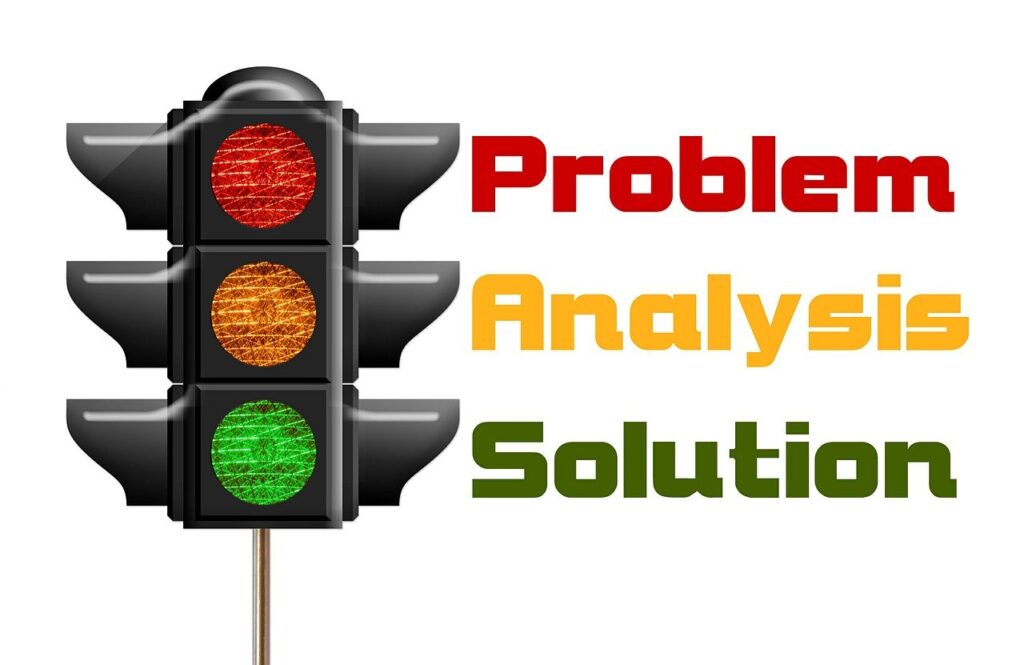The growth in financial crime has alarmed worldwide regulatory watchdogs, giving rise to RegTech. Businesses in the digital age are utilizing innovative technologies to comply with the shifting regulatory landscape effectively. Regtech not only reduces the cost of compliance processes but also improves their quality, making procedures more resilient and decreasing friction and the danger of compliance failures.
.
RegTech’s Ascension
Banks and financial institutions face ever-changing regulatory obstacles. Financial institutions are looking for tech-driven solutions to improve their operations in order to remain compliant with regulatory responsibilities.
RegTech, or Regulation Technology, is a current term that is required for every financial institution, gaming site, and cryptocurrency exchange. As a result, RegTech has emerged as an appropriate alternative for enhancing financial services by increasing the transparency of transactions between counterparties. RegTech has become a critical instrument in most firms for carrying out Customer Due Diligence (CDD) procedures.
However, banks are coping with stringent regulatory compliance due to new technology and the growing need for financial service digitalization. Despite all of the benefits of RegTech advancements, it helps banks comply with regulations smoothly.
.
Opportunities and Challenges for the Regtech Industry in the Global Market in 2022
With expanding demand for digital financial services and an increase in criminal activity, various possibilities for the RegTech business are arising. Big data, cloud computing, and machine learning algorithms, in particular, can be used by the industry to assist heavily regulated businesses as well as regulatory bodies through a set of computerized risk management procedures, regulatory reporting solutions, and the process of internal compliance policies.
These potential, however, are applicable to in-house solutions being built and integrated by big financial institutions. On the contrary, rising prospects are fraught with dangers and difficulties.
.
Regulation Interpretation
The feasible requirement is ensuring that the solution is based on “proper interpretation” of the appropriate rules. RegTech firms are skilled at creating solutions to real-world challenges. Identifying and developing a solution, on the other hand, is a difficult task. Primarily in a regulatory framework where a collection of norms and legislation might be interpreted in a variety of ways.
.
Accepting Responsibility
The firms will own the solution involving AI and ML algorithms for decision-making. For example, the speed with which choices are made can be advantageous to enterprises. What happens, though, when anything goes wrong? What if mistakes occur as a result of robustness? Regtech businesses that use advanced-technology algorithms must ensure enough protection, such as insurance plans, if something goes wrong.
.
Data Security
Data protection is one of the main concerns for the RegTech business. The General Data Protection Regulation (GDPR) regulates the use of personally identifiable information. This regulates the use of consumer data and establishes online data protection rights. As a result, RegTech solution providers and their clients must adhere to data protection requirements. In addition, some data analytics software uses client data for improved analysis. As a result, it is the industry’s obligation to guarantee that data does not fall into the hands of the wrong people.
.
The Importance of Incorporation of Advanced Technologies
Traditional banks and financial institutions must process massive amounts of data. Banks require systems that can go beyond automated operations to arrange existing data and fulfill regulatory requirements. RegTech firms, on the other hand, use advanced technological algorithms to support decision-making. This allows solutions to identify clients, provide alerts, and do pre-risk assessments while remaining compliant with the Financial Instruments Directive (MiFID II) and the General Data Protection Regulation (GDPR).
.
The Foundations of the Regtech Regulatory Landscape
Companies can’t comprehend Regulation Technology without considering the regulations that establish a consistent framework to combat cybercrime and digitalize the financial sector. Here are a few of the essential rules:
AMLD 6 (Anti-Money Laundering Derivative): This rule protects banks and financial institutions from money laundering and other financial crimes by screening customers during onboarding procedures and monitoring their transactions to avoid illegal activity.
The General Data Protection Regulation (GDPR): GDPR governs data protection and privacy for people in the European Union. This law requires RegTech service providers to take steps to secure online data against breaches.
Payment Service Directive 2 (PSD2): This rule intends to improve competition in the payment business by introducing new payment methods, enhancing customer protection, and broadening the scope of directives.
Know Your Customer (KYC): This rule requires businesses to identify and verify the true identity of their customers before accepting them. This is an excellent method for differentiating between scammers and authentic clients.
Financial Action Task Force (FATF): In 2017, the FATF launched an endeavor to regulate the Regtech and FinTech businesses. Since then, the watchdog has been striving to develop norms and standards for regtech solutions in order to eliminate fraud in this market.
.
January 2022, published on Sanction Scanner






